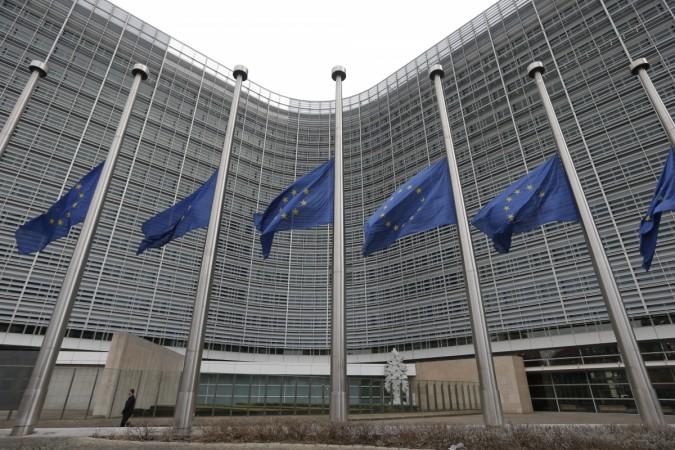
The European Union (EU) lawmakers have called for a reintroduction of visa requirements for United States citizens, asking for an end to visa-free travel for Americans to Europe.
The European Parliament on Thursday passed a nonbinding resolution to revisit the visa requirements for Americans. The step has come after the United States' refusal to grant visa-free entry to the citizens of at least five of the EU countries.
Will Brexit prompt Oxford University to break the 700-year-old tradition?
The lawmakers in the Parliament demanded that restrictions be imposed on American travellers unless the Trump administration changes travel requirements of the EU countries including Bulgaria, Croatia, Cyprus, Poland and Romania.
"You're talking about citizens from countries, like Poland, with a major diaspora (in US)...You're really seeing frustration and anger, and without any timetable, this is becoming increasingly seen as second-class treatment," Claude Moraes, the British lawmaker who leads the Committee on Civil Liberties, Justice and Home Affairs in the European Parliament told the New York Times.
The resolution passed by the lawmakers was an important political signal as it increases pressure on the European Commission to confront the Trump administration about visa revision of those five European countries. The Commission was not successful in convincing the Obama administration of visa reforms of the said countries.
The European Parliament also said that if the European Commission did not stand up to Washington with the lawmakers' demands, it will take the organisation to court.
"Only when the US fully gets that the European Commission is going to act are we going to get any kind of timetable from the United States. At the moment, the U.S. just believes the commission is not going to act but stick with the pragmatic argument that doing so would create damage that's just too great," Moraes said.
"There's no denying heightened concern about the current (Trump) administration, but that's more about uncertainty about who's in charge and how the State Department is working," Moraes added.

















